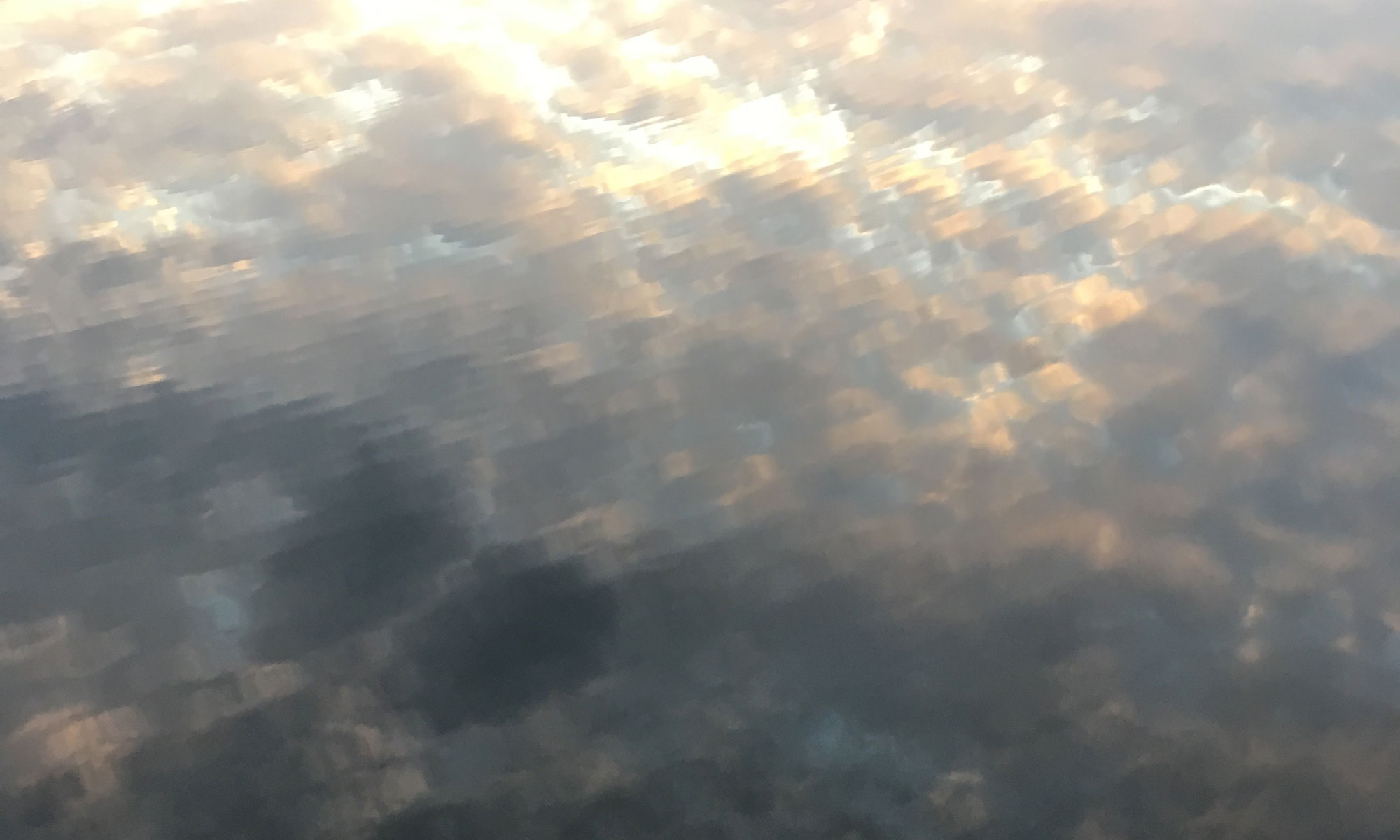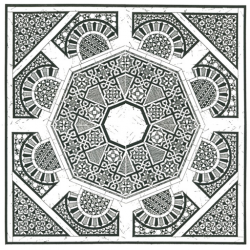Modern discourse in an age of technological dominance and endless change has a propensity to obscure more than it clarifies. It has evolved in forms that direct social, political, ethical, moral discourse in set directions, within the bounds of certain forms of media, methods of communication, and types of messaging. If we decline to participate, then we lose a large part of the ability to be heard. But what is the cost of participation? We tend to increase the screens, the veils that surround us. Although, as humans sent down from a higher reality to a lower material one (“Indeed, We created humans in the highest stature, then rendered them to the lowest of the low” (Qur’an 95: 4-5)), we are already veiled from the underlying reality of existence – instead of doing the difficult work of piercing those veils, we spend much of our time adding to the curtains that already engulf us. Whether these are in the form of technological screens and television/social media/entertainment platforms that engulf our time and attention with trivialized versions of discourse and which capture our egos almost without our realizing, or in the form of endlessly debated and discussed topics online that never truly resolve.
We end up living half-lives in a kind of semi-hypnotized state, daily taking in a vast flood of information little of which feels worthwhile but which nevertheless sweeps us along in its path. Caught in the floodwaters of modernity, we don’t know where the flood is heading, and so whatever we say, however we engage with others seems to make little difference. Whatever we do individually, we’re still carried along by the floodwaters.
It’s the one who stands on the shore who is safe from this and who maybe can free themselves from modern veils. I think the problem is that many of us enjoy being caught up in the flood. These new media platforms have become the modern means to communicate. Whereas the ancient Egyptians communicated in hieroglyphs, we do it through memes, brief videos, short quotes, and sharing these around as if there is some treasure of real value contained in these – and we rarely engage deeply with these to examine the worth of what we consume. We consume and move on to consume the next item, and the next, and the next, and so on – carried by the flow. We’re entrapped but, in a sense, don’t want to give up being entrapped because that can feel isolating. It’s not easy to be the one who remains on the shore.
Our aql, the profound intellect spoken of in the Qur’an and by the Prophet is dormant within most of us. Our hearts (referring to the core of our true consciousness), which allows us to deeply understand and evaluate ourselves is wrapped in layers and layers of self-imposed and societal and technological veils. Our heart’s eye is closed to inward reflection and to the underlying reality of existence. We are more heavily veiled from ourselves than we imagine. And the desire and ability to raise ourselves above our self is diverted.
Perhaps we have to unlearn much of what we have accumulated and accepted. Modern discourse has a certain mental agility, speed, and cleverness to it, which has an attractive power. But it tends, even in the case of some Muslim discourse, to resemble a profane thought process, using profane methodologies, and so possible benefits are undone. Such discourse has been likened by some to “the antics of a monkey that is chained to a post.” Amusing, entertaining, engaging, superficially captivating, but going nowhere worthwhile.

